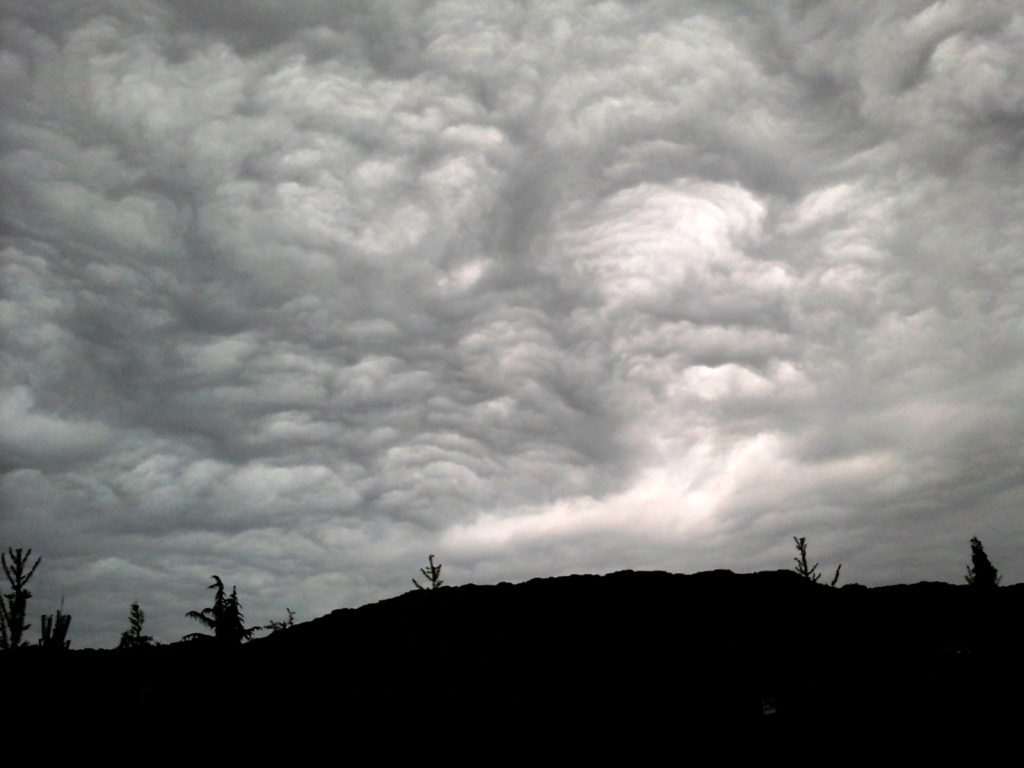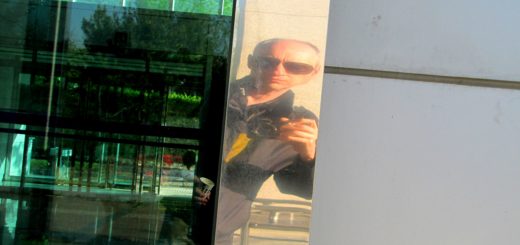You Have To Be Alive First
As Nietzsche has become far and away the most dominant thinker of the age, his most savage and radical ideas have (as he himself may have foreseen) become trivialized and democratized — a pair of adjectives Nietzsche would have regarded as a redundancy. In other words, what is dominant today is not so much Nietzsche’s own ideas, but his words shrunken in the hot water wash of post-Marxist egalitarian modernity, such that a philosophy explicitly intended to reach and inspire giants capable of striding from mountaintop to mountaintop has been reduced to the daily piety of people who live so deep in their valleys that the surrounding mountains are apprehended as nothing but bothersome or obnoxious limitations, and the peaks utterly obscured by the distant fog.
Hence every teenager today is encouraged to “create his own values,” whereas Nietzsche taught that value creation was the exclusive, almost impossible achievement of the rarest of men (Plato, Jesus, Buddha), the founders of worlds; and he urged the creation of new values not as a puny personal matter of “self-expression” or “finding one’s identity,” but as the dire necessity of an age which has killed its old gods — its obsolete but indispensable truths — and is thus teetering at the edge of nihilism’s abyss. Paradoxically, the way we now, universally and ubiquitously, use Nietzsche’s notion of “values” — subjective assertions of preference in place of the old faith in the objective reality of good and evil — embodies exactly the civilization-disintegrating collapse into nihilism that Nietzsche’s call for the creation of new values was intended to prevent.
Hence today, everyone is encouraged to choose his own lifestyle, as though Nietzsche’s idea of the meaningful life as the adoption of unique perspectives unencumbered by the almost overwhelming weight of the past were intended to aggrandize the mindless assertion of random superficialities, rather than to redefine the philosopher as a kind of supreme artist of the spirit.
Hence today, everyone casually mouths Nietzsche’s second-most famous dictum, “What does not kill me makes me stronger,” as though it were applicable to the discomforts of studying for an exam, working out five minutes longer than usual at the gym, or having sweaty palms before a job interview. It is noteworthy that this dictum is typically misquoted today as “What does not kill you makes you stronger,” as though it were a universal rule or truism, when, on the contrary, Nietzsche was speaking only of himself, and indicating with these words the essential meaning of his concept of will to power in its highest manifestations — the great thinker, artist, ruler, founder — namely that he derives his profoundest strength precisely from facing and surviving his profoundest danger. Not the mock danger of our “extreme sports” idiocy, playing footsie with fear for the sake of one’s social media bragging rights. Not even the mere physical danger of death in war. Rather, the spiritual danger inherent in the life most daringly lived: the genuine and severe threat of utter hopelessness, abandonment, isolation, despair, the soul-piercing but life-asserting divestment of love, friends, and nation in the name of one’s mission and purest insight. Nietzsche wrote these famous but now belittled words as a personal cry of defiance against his loneliness, against the dutiful sentimentalism of the German people that he could never hammer into submission, against the gnawing futility of the writer with no readers, against the incessant migraines and nausea that weakened him, against the unreceptiveness of the intellectuals to his monumental ideas, against the loss of advantageous associations with cultural greatness (particularly Richard Wagner) that he felt compelled to reject in the name of his intellectual freedom, and against the agony of making open war on the God and faith of his beloved Lutheran pastor father.
Value creation as Nietzsche intended it requires the painful overcoming of deeply held beliefs — which entails that one must indeed believe in something in order to travel the difficult path toward new values. To live as an individual in the Nietzschean sense is to embody a new beginning, almost a new culture unto oneself — which entails the spiritual understanding and the historical knowledge necessary to pronounce the most profound “No” to one’s age, and the most profound “Yes” to standing alone, which is the very opposite of what “choosing a lifestyle” means today, in our age of hypersensitive cravings for acceptance, obsessive approval-seeking, complete historical ignorance and obliviousness, and the literal criminalization of hurting anyone’s feelings with “intolerance.” To gain strength from surviving the greatest threats to one’s life, as Nietzsche asserted it, is not about overcoming stress or developing more self-esteem, but about accepting the incommensurability of one’s wisdom with one’s world, and having the courage to say, “My life justifies and redeems this suffering” — which entails, above all, that one is living in the first place, in the sense of life that would mean anything to Nietzsche, philosophy’s last great champion of the fundamentally anti-egalitarian notion of a natural order of rank.
In short, to say “What does not kill me makes me stronger,” one must be truly and unqualifiedly alive first. How many people today can this be said of, in our collectivist egalitarian era of mass conformity, material comfort as the primary standard of “value,” and safety in numbers as the basis of all intellectual and political existence?


